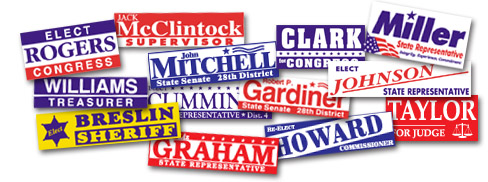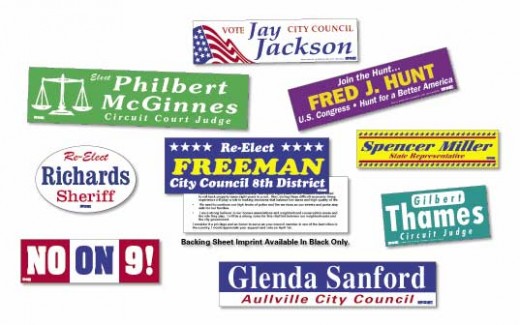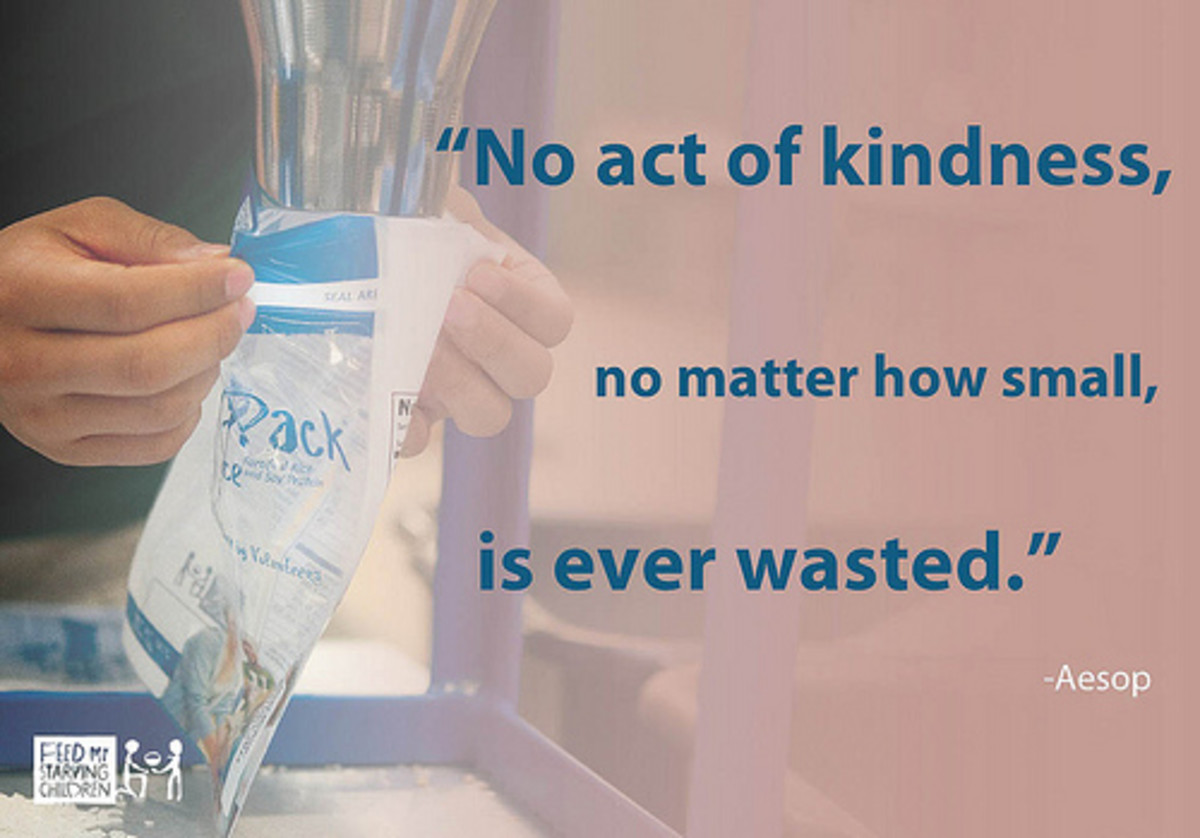How to Raise Money for Political Campaigns


Whether you are managing a campaign or running a local group to support a candidate or piece of legislation, one of the most important assets you can provide is having strong fundraising skills. Success in a political campaign can often be linked back to the amount of funds available to the candidate or group. You don’t have to be a fundraising expert to successfully help a campaign raise money. A little knowledge can go a long way.
Begin Fundraising Early
The rule in politics is: “Pay as you go.” So you really need to start fundraising as soon as possible, even before your group goes public. Early fundraising is necessary if you are renting space, installing phones, ordering supplies, and purchasing advertising space. The strategy and quality of a campaign depends on the funds available.
A campaign that starts raising funds early shows that there are people supporting and investing in your political agenda.

Create a Fundraising Chairperson & Team
Fundraising responsibilities can take a lot of time and effort, so it is important to select a set team of people to handle these duties. Instead of having people work on raising funds, advertising, and recruitment, narrow the jobs down. This will make it easier for people to focus on their assignments and get a lot more accomplished.
Assign Fundraiser’s Tasks
The number of people you have working on the fundraising team will definitely depend on how big your campaign organization is and how much money you need to raise. You should choose a fundraising chairperson who is not also the budget chairperson. The budget chairperson is in charge of the money going out, while the fundraising chairperson is in chairperson is in charge of the money coming in. will split time between the budget (money going out) and fundraising (money coming in). By keeping these duties separate, you won’t have the same person worrying about bringing money also watching the details of disbursing it.
The Importance of Small Donations
You will hopefully get at least a few substantial contributions that may be the foundations of your campaign structure, but don’t rule out the importance of smaller donations. After all, a foundation alone doesn’t make a house complete. A steady flow of small donations is important. There are a number of ways to get these donations coming in. A good place to start is reading these two articles:


Get Money from Political Parties
A major source of funds for political campaigns is from partisan parties. When you go to a party for endorsement, you are asking for both financial backing and party support. Endorsement from a political party (like the Democratic, Republican, or Green parties) will often provide your campaign with access to the party’s allied organizations for more funding opportunities.
Ask, Ask, Ask!
The best way to get money is to ask for it. You can ask by mail, telephone, and face to face. Direct mail requests should go out early to everyone who might possibly be interested in supporting the campaign. At the same time you ask for monetary donations, you can also recruit volunteers and request other contributions (free printing, free paper, etc.). Keep track of everyone you ask for donations, and also track everyone who donates (and the amount they contribute).
Sell Small Items
Another facet of your fundraising can involve selling small items related to your campaign. You can sell buttons, bumper stickers, t-shirts, hats, posters, dinner tickets, benefit concert tickets, and just about anything else you can think of. Not only do selling these items and tickets bring in money, but they also help promote the campaign.
Offer Tax Deductions
If you are serious about fundraising for your campaign, you need to be able to offer tax deductions to those who contribute. The rules for how and when you can do this are always changing, so definitely contact the IRS for guidance.
File Campaign Finance Forms
There are different federal and state laws regarding the forms you have to file and the ways in which you can raise money for political campaigns. Your state should have a public disclosure or ethics commission to help you through this process before you start fundraising.










